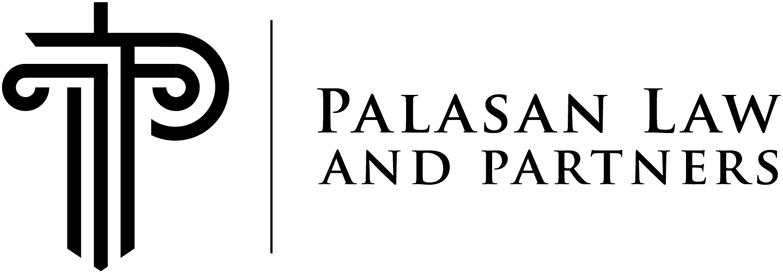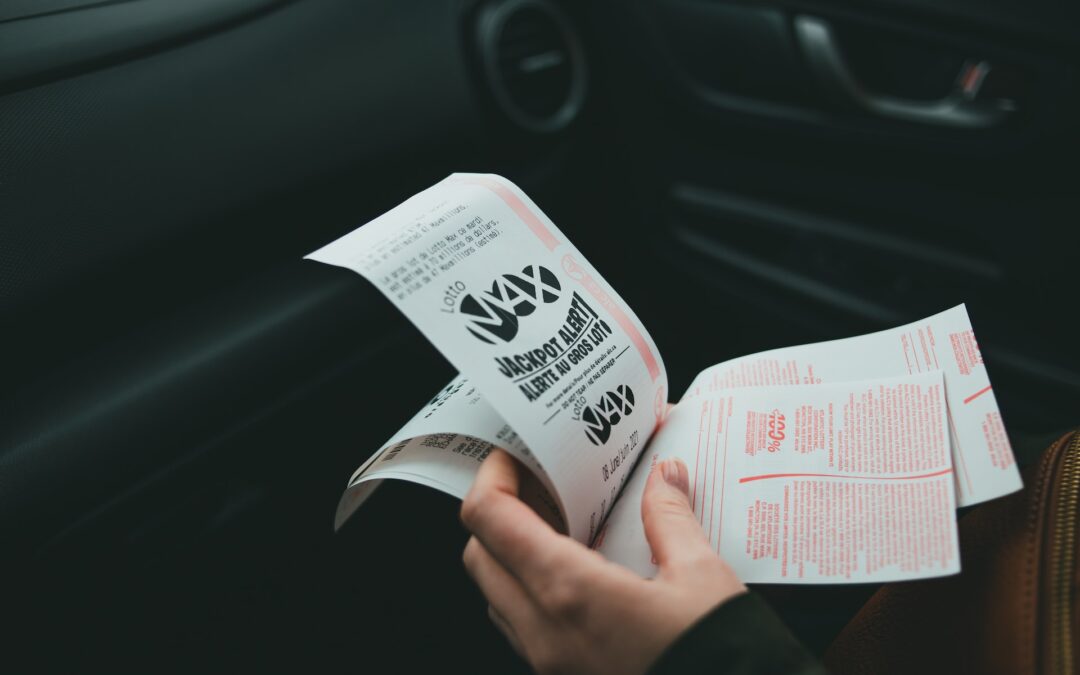The Supreme Court has ordered the Philippine Charity Sweepstakes Office (PCSO) to pay a man who won a Lotto 6/42 draw, but whose ticket was partially blackened with a flat iron.
In a 17-page Decision penned by Associate Justice Jhosep Y. Lopez, the Court’s Second Division denied the petition for review on certiorari filed by the PCSO which sought to set aside the Decision and Resolution of the Court of Appeals (CA) affirming the Decision of the Regional Trial Court (RTC) of Balayan, Batangas in Civil Case No. 5353. The said RTC Decision ordered the PCSO to pay respondent Antonio F. Mendoza (Mendoza) the amount of P12,391,600.00 as payment for the Lotto 6/42 jackpot prize.
On October 2, 2014, Mendoza placed three bets for the Lotto 6/42 draw via “lucky pick” at a lotto outlet in Batangas. The next morning, he learned that one of his “lucky pick” number combinations won. Unfortunately, his granddaughter crumpled his winning ticket. Mendoza’s daughter, in an attempt to straighten the ticket, ironed the crumpled ticket with a piece of cloth covering it. This resulted in the blackening of the ticket with only the following remaining visible: the first two digits of the three bet combinations, the outlet from which the ticket was bought, the draw date, the date of purchase, and, partially, the time the ticket was purchased.
On October 5, 2014, Mendoza presented his partially blackened ticket to the PCSO in Mandaluyong City, where he was told to submit a handwritten account of what happened. Mendoza complied and returned to the PCSO on October 7 to submit his affidavit to the Legal Department. In an October 20, 2014 letter, however, the PCSO informed him that his prize could not be awarded because his ticket had been damaged and could not be validated.
In the meantime, Mendoza’s story was heard at several hearings of the House of Representatives Committee on Games and Amusements (Committee on Games) which recommended in its Committee Report No. 717 that the prize be awarded to Mendoza in view of the circumstances and evidence establishing his ownership of the winning ticket. Mendoza subsequently demanded from the PCSO the October 2, 2014 Lotto 6/42 prize, but he was ignored. This prompted him to file a complaint before the RTC for specific performance against the PCSO.
The RTC ruled in favor of Mendoza, who was found to have established that he was the exclusive winner of the said Lotto draw. The RTC held that the damage to Mendoza’s ticket justified the resort to secondary evidence. It also ordered the PCSO to pay attorney’s fees and moral damages, deeming Mendoza to have gone through tremendous emotional suffering and unquantifiable physical efforts in his long years of battle for his prize.
The CA affirmed the RTC’s findings that Mendoza was able to prove that he was the only one who selected the winning six-number combination in the October 2, 2014 Lotto 6/24 draw. However, the CA ruled that there was insufficiency of factual and legal basis to award Mendoza attorney’s fees and damages.
The Supreme Court, in deciding in Mendoza’s favor, held that the PCSO Amended Games and Rules and Regulations for the Lotto 6/42 (PCSO Rules), which provides the rights and obligations of both the sweepstakes office and bettors such as Mendoza, are ambiguous and susceptible to two reasonable alternative interpretations.
The pertinent portion of the PCSO Rules state that “tickets having all six (6) selected numbers corresponding to the six (6) official winning numbers shall be classified as Category 1 prize.” The Court said that while the PCSO claims that the presentation of the complete physical tickets is a condition precedent to its duty to pay prize money, Mendoza and the Committee on Games consider the selection of the winning number combination as the essential condition precedent. “These are two reasonable interpretations of the Rules, causing ambiguity in the terms for payment of prize money. Hence, the interpretation of the PCSO Rules, which forms part of the contract, is left to the court,” added the Court.
The Court reviewed the nature of the game of lotto as a game of chance duly authorized under Republic Act No. 1169, as amended. Citing Article I of the PCSO Rules, the Court noted that there is no reference to a “winning ticket” in the said rules. At most, a ticket was only defined by the PCSO Rules as “produced by a terminal confirming the selection made by the customer.”
“Stated otherwise, the ticket is only proof of the fact that the bettor selected the winning ticket combination,” held the Court, as it found that the CA did not err in finding that it is the act of selecting the winning combination that entitles a bettor to the corresponding prize.
The Court held that the circumstances surrounding the fact that Mendoza bet in the eventual winning numbers of the lotto were clearly established. Noting that both the RTC and the CA characterized the pieces of evidence presented by Mendoza as secondary evidence, the Court explained that secondary evidence may be resorted to when the original document is unavailable.
Under the Best Evidence Rule as stated in the Rules of Court, when the subject of the inquiry is the contents of the document, no evidence is admissible other than the original document itself, except for certain instances, such as when such original document is not available.
The Court further expounded that the Best Evidence Rule does not apply and testimonial evidence is admissible where the issue pertains to the execution or the existence of the document or the circumstances surrounding its execution.
“In this case, while it is the numbers in the ticket that would prove whether Mendoza indeed won the jackpot lotto prize, it is actually the existence of the ticket that is being assailed by the sweepstakes office,” said the Court. “Whether the ticket bearing the numbers of the lotto indeed existed is an issue that does not require the application of the Best Evidence Rule.”
The Court said that the testimonial evidence of Mendoza and those of his relatives, as substantiated by the PCSO records, and surrounding the fact that Mendoza entered a winning lotto bet and that the chosen numbers correspond to the winning lotto number were rightly admissible and given weight. (Courtesy of the Supreme Court Public Information Office)
FULL TEXT of G.R. No. 257849 (PCSO v. Mendoza, March 13, 2023) at: https://sc.judiciary.gov.ph/257849-philippine-charity-sweepstakes-office-vs-antonio-f-mendoza/.

